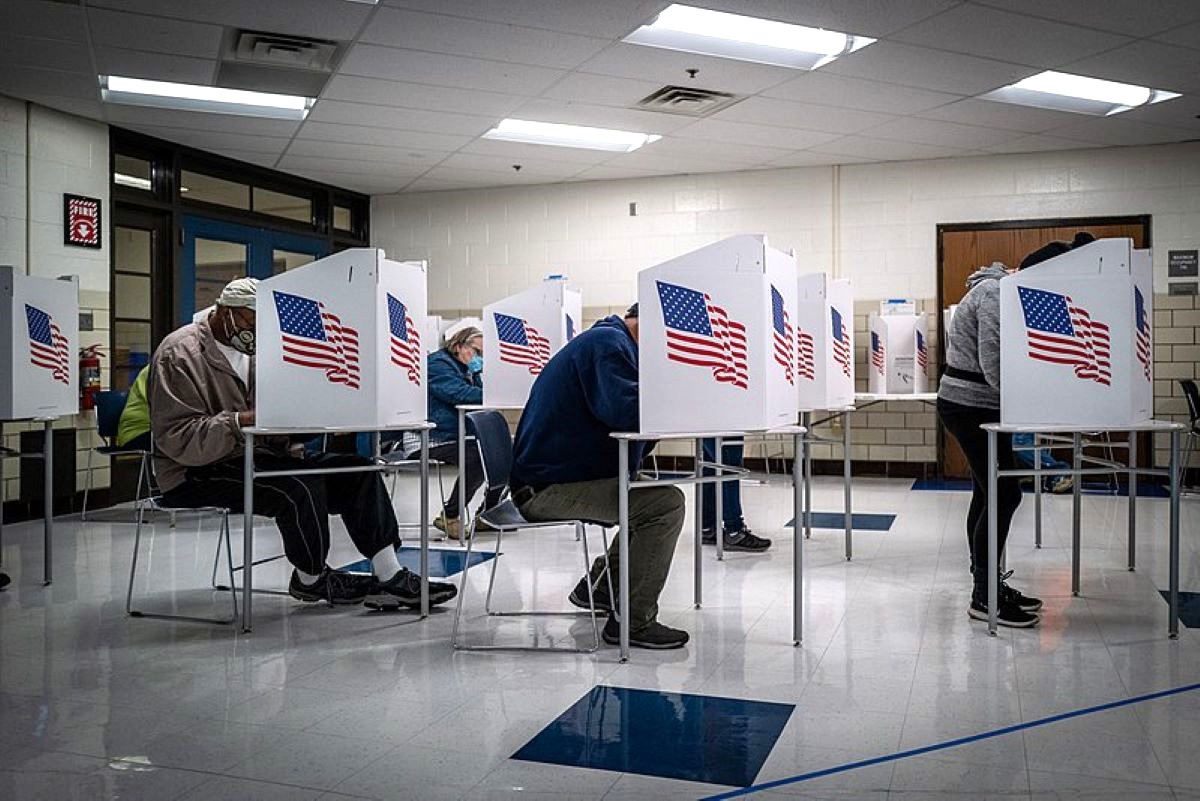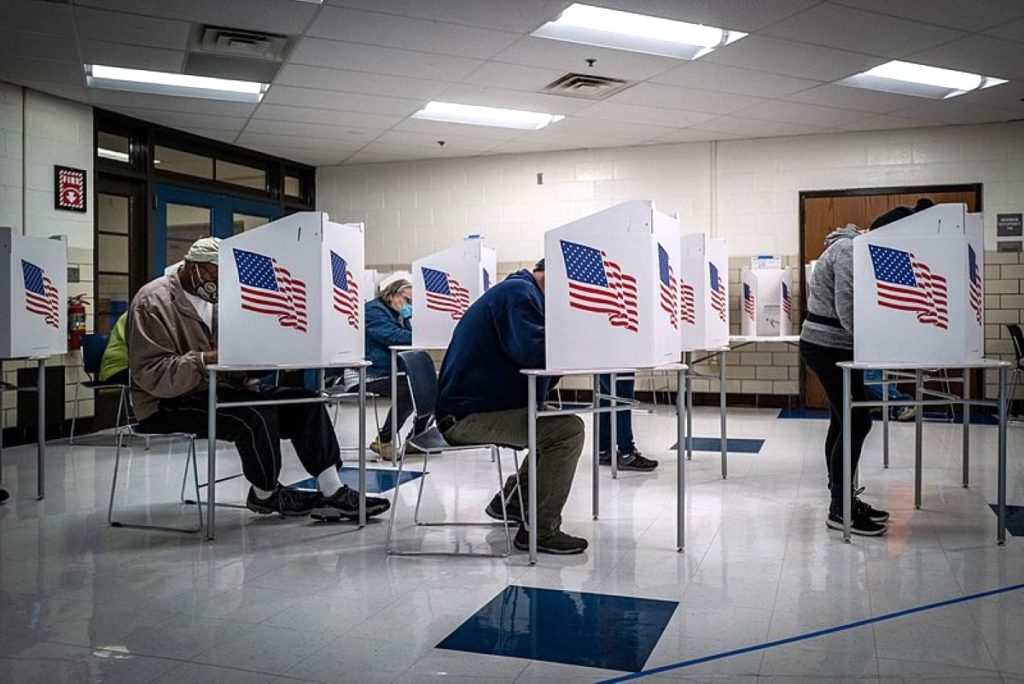Originally Authored at TheFederalist.com

The Center for Tech and Civic Life (CTCL), which increased Democratic turnout in 2020 by shuttling “Zuckbucks” to public election offices, will be issuing another round of grants to rural areas ahead of November’s election.
“This program will help eligible rural and nonmetro election offices modernize outdated voting technology, improve access to voting for rural voters, seniors, and veterans, and make much-needed infrastructure updates to enhance election security and make voting smoother,” said CTCL Director Tiana Epps-Johnson in a press release obtained by The Federalist.
Rural officials can apply for grants beginning today, the release said. It is unclear how much money CTCL is planning to distribute to local election offices before the election.
But the group did announce how much money it would give to each area, based on the number of voters. According to the press release, jurisdictions with fewer than 5,000 citizens of voting age are eligible for $5,000; those with 5,001 to 25,000 are eligible for $20,000; those with 25,001 to 100,000 are eligible for $50,000; those with 100,001 to 250,000 are eligible for $100,000.
According to CTCL’s website, the “nonpartisan” grants will be available in U.S. territories and 19 states. The grants target 2024 battleground states Michigan, Nevada, and New Hampshire. Other eligible states are Alaska, California, Colorado, Connecticut, Hawaii, Illinois, Maine, Maryland, Massachusetts, Minnesota, New Mexico, New York, Oregon, Vermont, Washington, and Wyoming.
The new grants can be used for “key human, physical, and technological assets” the Department of Homeland Security considers “necessary to conduct elections,” according to CTCL’s website.
The group linked to a document from the DHS’ CISA program, the federal government’s hub for Big Tech collusion and online censorship. The document lists designated election assets, which can “range from physical sites and hardware to digital operations.”
The grant application asks officials questions including the jurisdiction’s number of active registered voters, number of full time staff, and annual election budget — of which it requests a copy.
To determine “rural” and “nonmetro” jurisdictions eligible for the grants, the group is using guidelines from the United States Department of Agriculture. CTCL claimed its grant program is to compensate for the federal government reducing 2024 election funding to $55 million.
CTCL launched the U.S. Alliance for Election Excellence in 2022, joining electoral influence groups from 2020 to continue working with local election offices. That year, the alliance skirted Arizona law to work with Coconino County.
A Questionable Past
CTCL claims to provide “nonpartisan” funding, but its history suggests otherwise.
The group was founded in 2012 by former staffers of the New Organizing Institute (NOI) — namely Epps-Johnson, Whitney May, and Donny Bridges, according to InfluenceWatch.
NOI became known as the “Democratic Party’s Hogwarts for digital wizardry,” and trained more than 30,000 Democratic digital organizers and campaigners. The group focused on election administration, voter data management, and get-out-the-vote efforts –- all areas on which CTCL now focuses.
Leftist Swiss billionaire Hansjörg Wyss took inspiration from the NOI in 2015 to strategize efforts to “reshape the U.S. electorate” and give so-called “progressive” causes a permanent advantage.
CTCL shuttled $328 million from Meta CEO Mark Zuckerberg to public election agencies in 2020. The grants, which later became known as “Zuckbucks,” largely targeted areas with left-leaning voting blocs and boosted Democratic turnout in the already close presidential election.
According to the Capital Research Center (CRC), 28 states have banned “Zuckbuck”-style election funding due to integrity concerns. Those states are not listed as eligible for the 2024 grants.
CTCL launched an effort in 2021 to circumvent those laws with its Election Infrastructure Initiative, billed as “bringing together election officials, nonprofits, counties, cities, and states” to call on $20 billion in congressional election funding over the next decade.
In a statement made to The Federalist, Scott Walter, President of Capital Research Center, said that while CTCL has made clear its commitment to increasing public funding, “they should be asked if they will urge that this new public funding of elections be fair, rather than grossly partisan” as it has been in the past.
As noted by Walter, the CTCL’s efforts are cosponsored by the Center for Secure and Modern Elections, which has ties to the Arabella network and its “multi-billion dollar empire of Democratic-aligned ‘dark money,’ trying to manipulate our elections.”
More recently, CTCL advised officials on censoring speech and swaying election laws. Kurt Sampsel, then-senior project manager for CTCL, said in an online course that former President Donald Trump’s concerns about the 2020 election “had the effect of undermining confidence in our democratic processes.”
Logan Washburn is a staff writer covering election integrity. He graduated from Hillsdale College, served as Christopher Rufo’s editorial assistant, and has bylines in The Wall Street Journal, The Tennessean, and The Daily Caller. Logan is originally from Central Oregon but now lives in rural Michigan.
